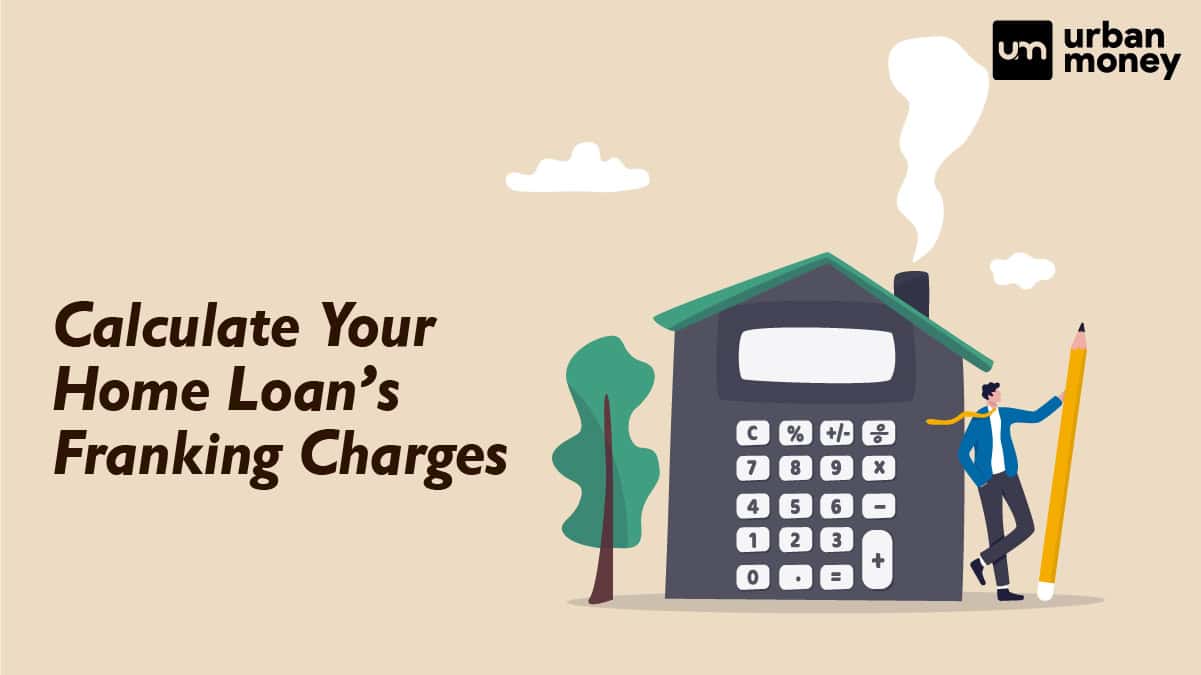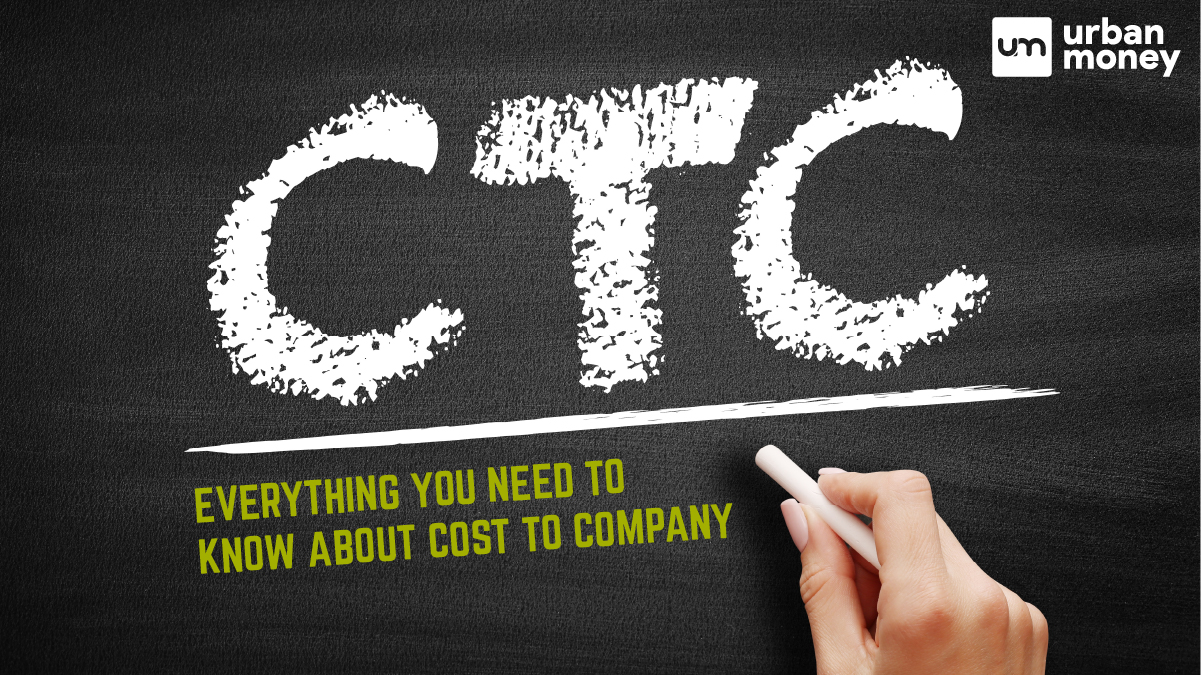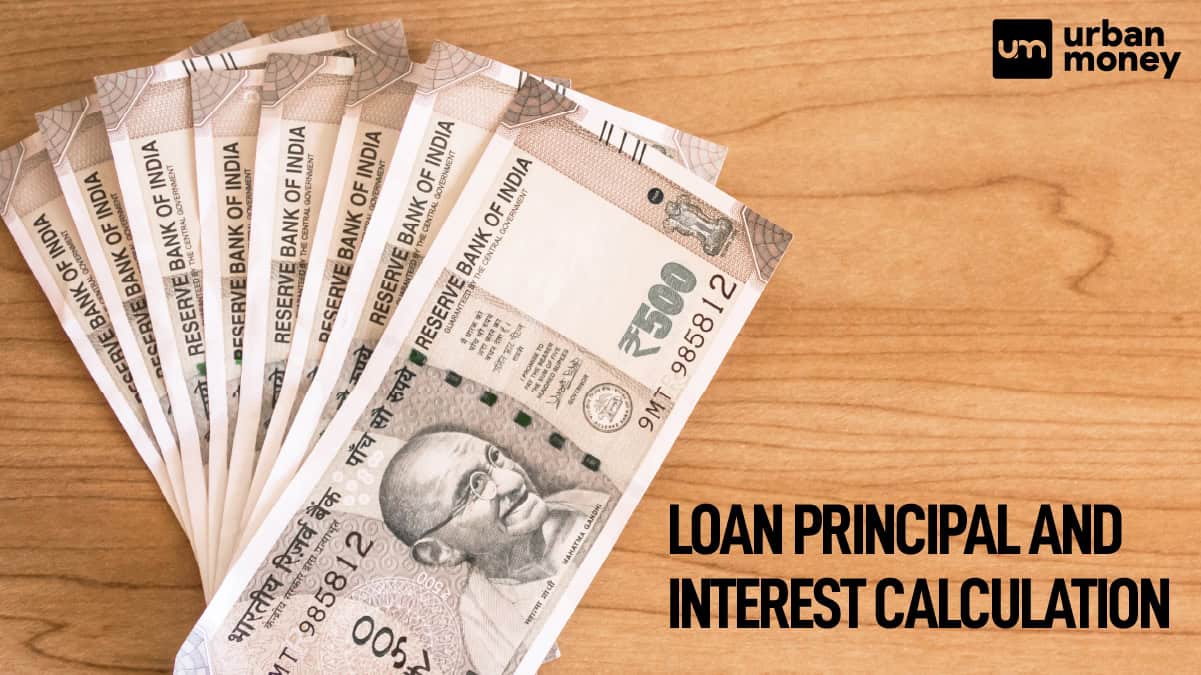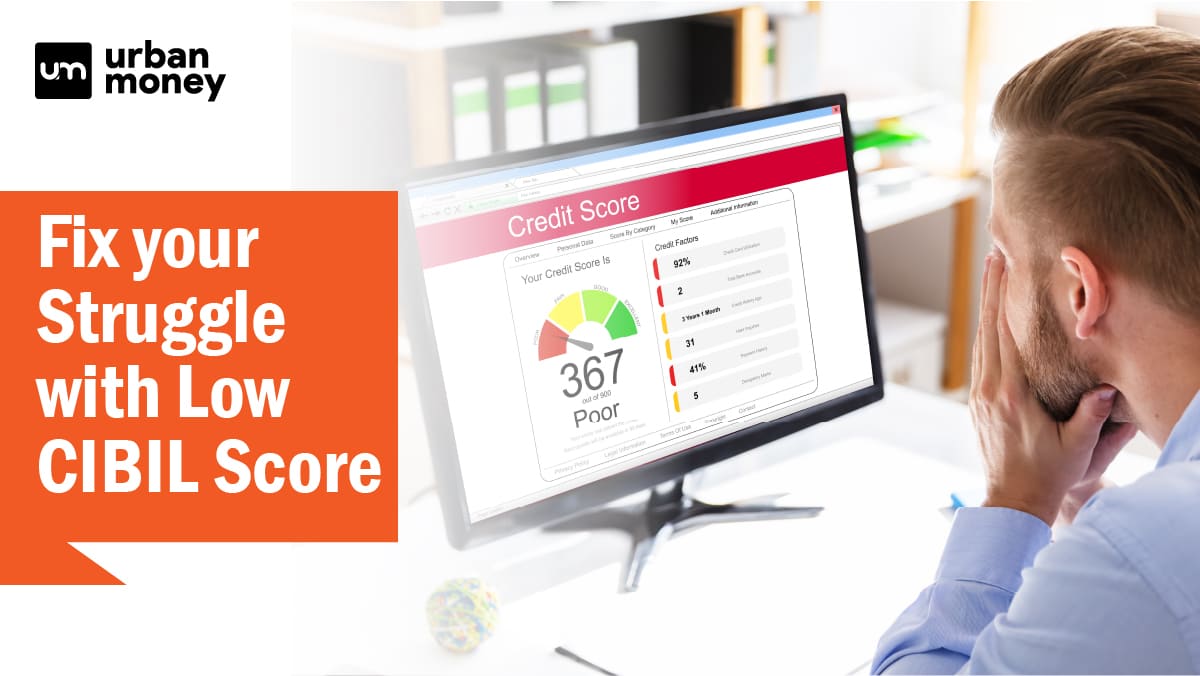Top 10 Best Private Banks in India List 2025
January 09, 2025
Home Loan Archive | All About Franking Charges

August 27, 2024


With numerous extra charges and long documentation processes, getting a home loan to build your dream house can be daunting. However, with proper preparation and deep knowledge of all property-related expenses, you can avoid getting into trouble due to a lack of appropriate documents. Many people confuse stand-duty charges with franking charges, but this is untrue. A franking charge is an affirmation cost for verifying that you have paid your stamp duty charge, and you can only do that using a specific machine. Home loan applicants must get this done via authorised banks and agents to ensure that this document serves as proof of payment for stamp duty, avoiding legal and tax-related issues.
Table of Contents
ToggleStamp duty charges are a fee homebuyers pay to legalise their property purchase/ transfer under the Government of India. This amount can vary from state to state, and it is mandatory to make this payment, or else your home purchase process will be deemed incomplete. Franking charge, on the other hand, verifies the payment of stamp duty charges for homes purchased by taking a loan or via any mode.
These two are not interchangeable, and here is the official difference between franking charges and stamp duty charges:
| Stamp Duty | Franking Charge |
| Stamp Duty is a tax levied by the government on any property-related transfer/ purchase. | A Franking Charge is a minimum charge you have to pay to an authorised body, which ensures the payment of the correct valued stamp duty. |
| This charge can vary between 4 to 6% depending on the state. | This charge may cost up to 0.1% or 0.2% of the property’s market value or rental amount. |
| You shall pay this tax to the sub-registrar’s office or the respective state online website. | This payment is to be made by authorised banks/ agents. |
| You must pay this duty by purchasing the appropriate amount of pre-embossed stamp papers or using e-stamp papers. | Banks have a limited quota for franking stamp papers daily, and you must make an appointment before paying via any mode. |
| It is mandatory to make this payment. | This payment is optional if the borrower makes a stamp duty payment using e-stamp papers, which requires no verification. |
Here are some of the advantages of Franking charges:
Franking charges for home loans differ in every state for different types of documents, which is a very nominal percentage of the property’s market value. On loan agreements, this amount is usually 0.1% or 0.2%. If you have taken a 30 Lakh loan for a home worth the same amount, your franking charge will be INR 3000.
Here is the step-by-step guide to pay off your franking charges in any authorised bank/ financial agency:
The banking authority considers a stamp duty document legal only when it properly franks it. If it does not properly frank the documents, courts may regard them as illegal and unenforceable, even if stamp duty payments are correct. The government can also charge certain penalties for the non-payment of franking charges, perhaps a certain percentage of the stamp duty charges.
These can also trigger audits and investigations of government taxing authorities, with multiple incompleted property transfers and purchases. Banks might also cancel your home loan over the same issues, leaving a big financial burden for the borrower.
Franking is not mandatory; anyone can purchase e-stamp papers instead of physical ones. They will be much easier to document, and the borrower can save time and money by not franking the documents.
Yes, franking is much more preferable to alternative methods of stamp duty payment as:
Read Also : What is the Meaning of Annual Percentage Rate?
The government has exempted franking from GST and other taxes.
No, franking is not subject to any type of TDS.
Franking is not mandatory. Residents can purchase e-stamp papers instead of applying for offline stamp duty documents that require verification.










© 2025 www.urbanmoney.com. All rights reserved.

Need Loan Assistance?

Thank you for showing your interest. Our agent will get in touch with you soon.

















